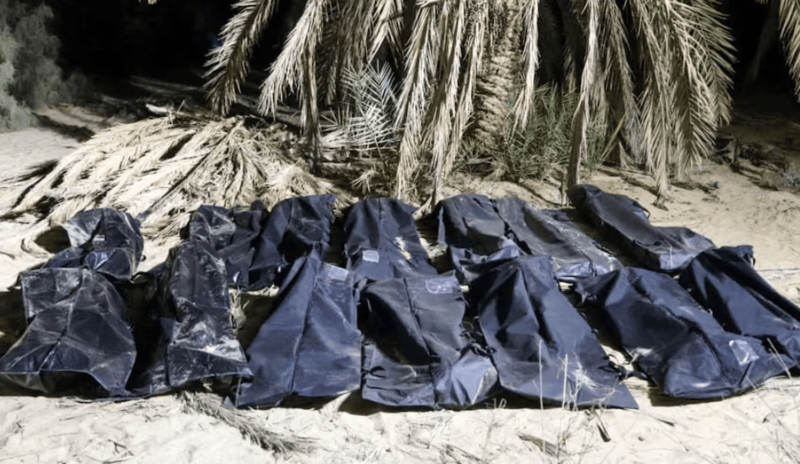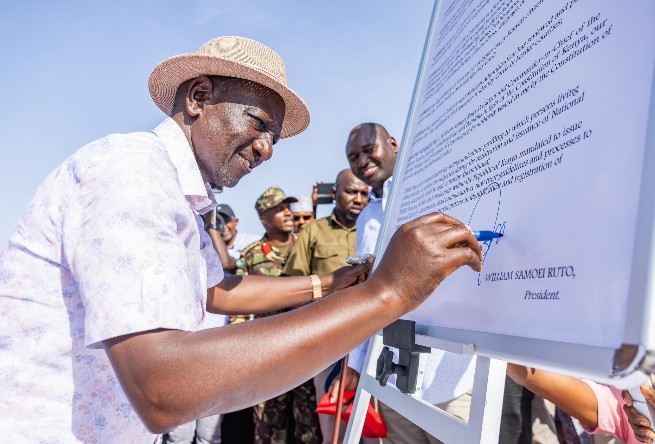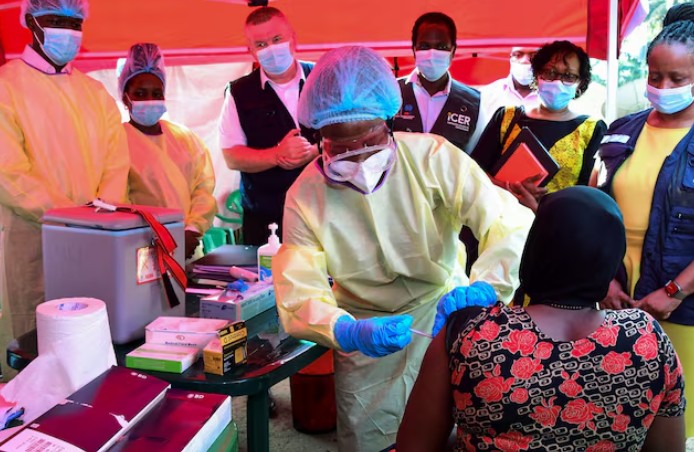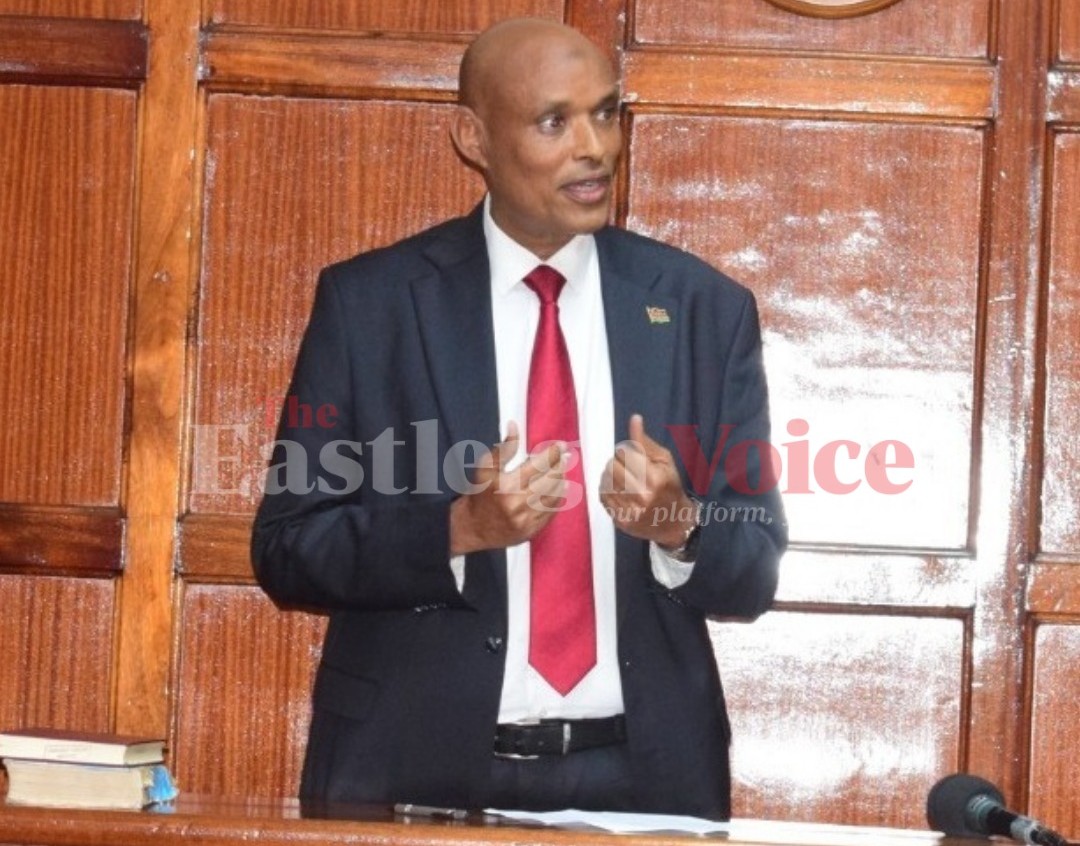Loss of KRA excise stamps sparks fear of tax evasion, flooding of counterfeit goods
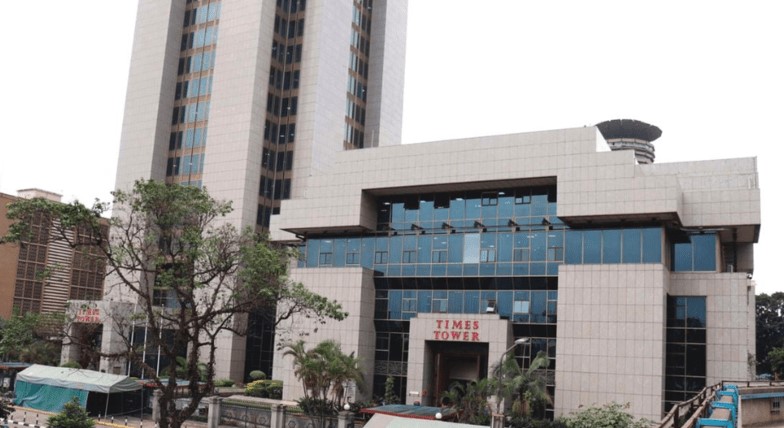
The stamps are meant to confirm tax compliance on excisable goods like alcohol, cigarettes, soft drinks, and cosmetics, and serve as both a revenue tool and a quality assurance mark.
The Kenya Revenue Authority (KRA) is grappling with the mysterious loss of 9,686,358 excise stamps, sparking concerns over tax evasion and possibly flooding counterfeit goods into the market.
Auditor-General Nancy Gathungu flagged the missing stamps in a fresh audit of KRA's financial statements for the financial year ending June 2024.
More To Read
The stamps as noted by the Business Daily, are meant to confirm tax compliance on excisable goods like alcohol, cigarettes, soft drinks, and cosmetics, and serve as both a revenue tool and a quality assurance mark.
"The stamps disappeared from KRA's custody, raising fear that they might have landed in the hands of a tax cheat or an illicit trader," Gathungu noted in the report.
"However, no evidence was provided on the type of stamps lost, when they were lost, or any investigations into their disappearance."
The loss has raised alarm among industry stakeholders.
Illicit trade
Kenya has long struggled with illicit trade, which accounts for nearly 40 per cent of all goods sold in the country.
Some of these goods are smuggled imports meant for transit but diverted into the local market tax-free, while others are disguised as lower-value imports to evade taxes.
Locally manufactured counterfeits could also be a target for the stolen stamps.
Fake products damage consumer confidence and make Kenya a less attractive destination for investors.
Analysts link counterfeit goods to the country's struggling manufacturing sector and stagnant excise tax collection, especially from alcohol and cigarettes.
The issue of unaccounted-for excise stamps has been a long-standing concern.
In 2022, during the annual Taxpayers' Month at the Kenyatta International Convention Centre, President William Ruto questioned a revenue discrepancy.
"The trouble is the government is selling 2.9 billion stamps, and people are selling the balance, which is approximately 7 billion stamps," Ruto said, though he did not provide supporting evidence.
KRA has attempted to address counterfeiting by upgrading to enhanced-security excise stamps produced by Swiss firm SISCPA.
These stamps, equipped with trace features, replaced older versions introduced in 2003, which were prone to forgery.
Despite these measures, revenue losses persist. Excise duty collections grew by 8.1 per cent in the financial year ending June 2024, reaching Sh73.62 billion, with a performance rate of 99.6 per cent.
Revenue growth was mainly driven by an increase in soft drink taxes (12.2 per cent), bottled water (9.7 per cent), beer (16.2 per cent), and tobacco (1.9 per cent).
SISCPA, initially contracted in 2012, had its deal extended in August 2023 to allow KRA to clear a Sh4 billion debt owed to the firm. This extension also saw excise stamp charges triple as KRA sought to boost revenue.
Top Stories Today
